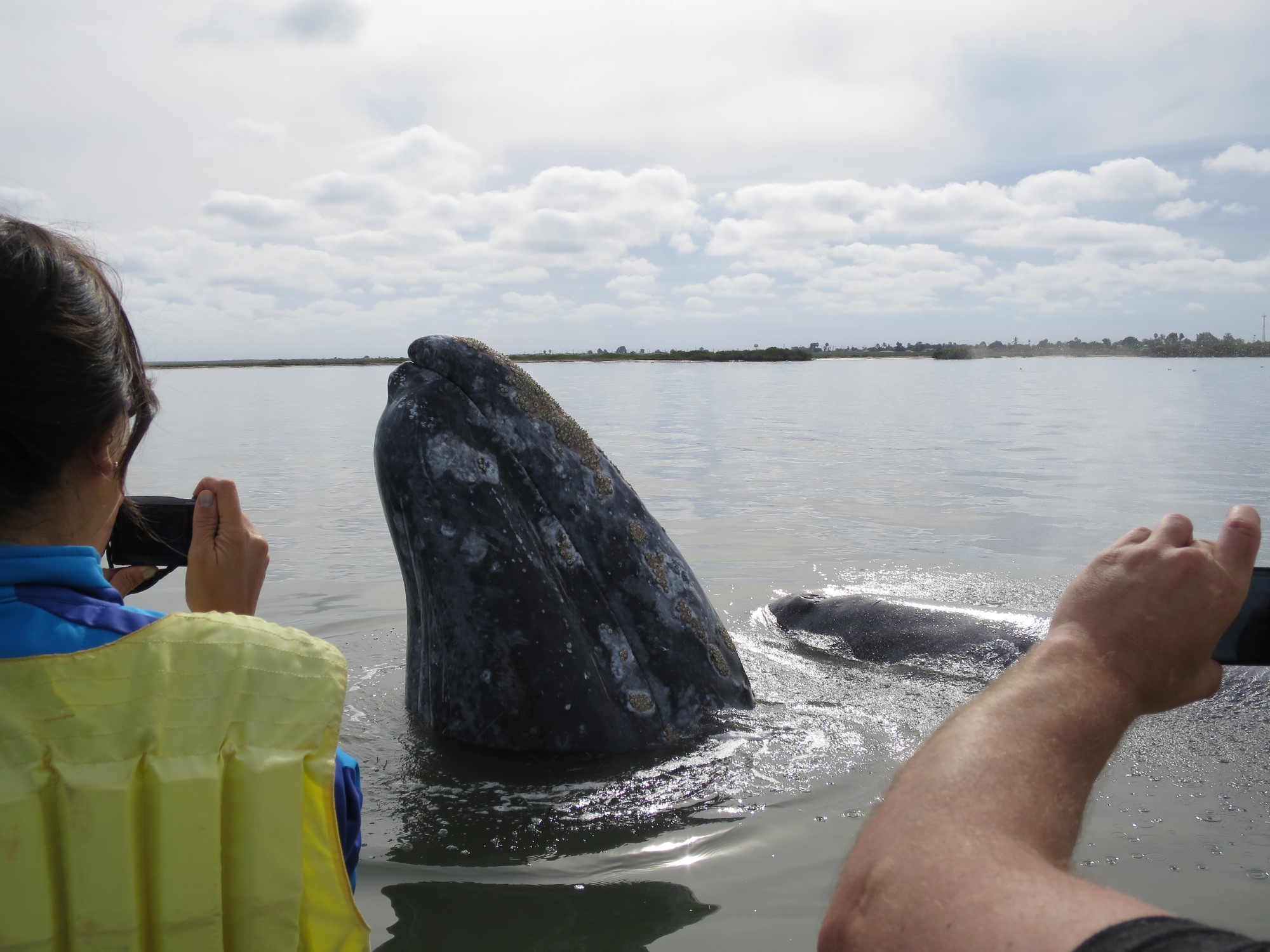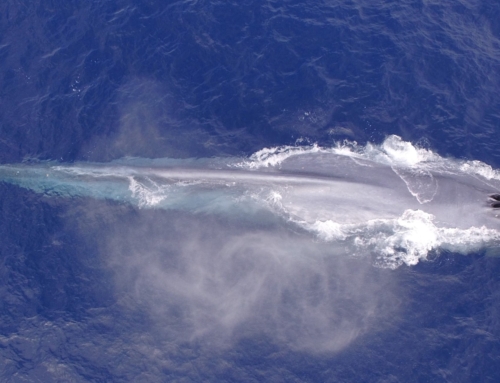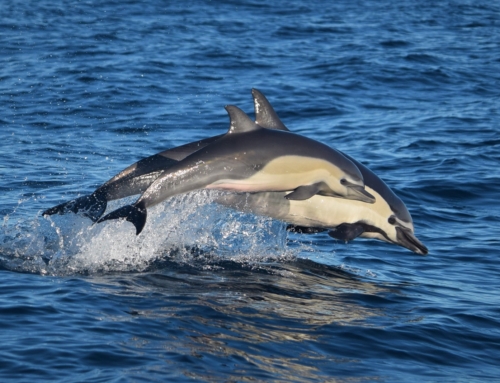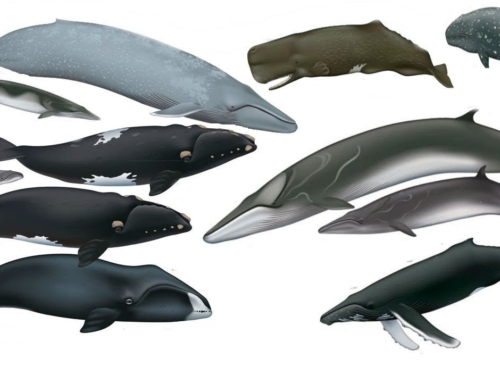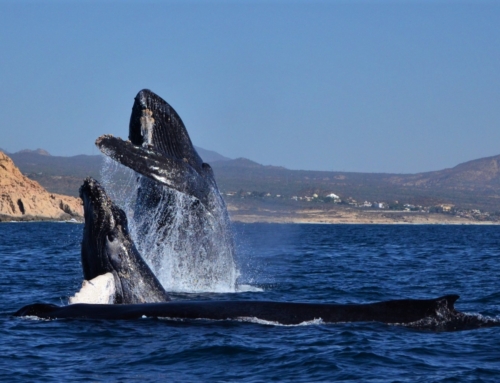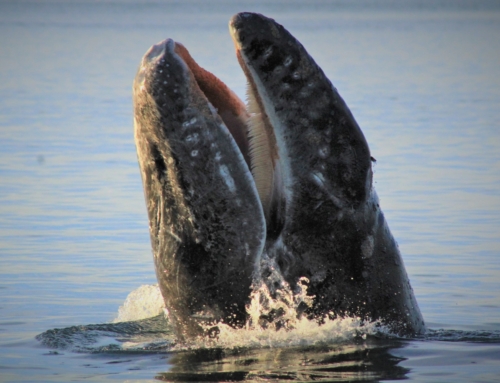What is sustainable tourism? In many ways the phrase is an oxymoron, but despite the inevitable impacts of the industry, it can be a force for positive change.
The tourism industry as we know it today was born in the second half of the 20th century. It’s growth has primarily been driven by the increasing availability of cheap air travel and the ubiquity of cars. Most of us view it as an overwhelmingly positive force. It creates millions of jobs, generates vast wealth and broadens the horizons of millions of people. We have only recently begun to realize the dark side of this phenomenal growth.
The costs are becoming clearer. A long-haul flight generates more carbon per passenger than the average person in many countries produces in a year! Tourists often damage the places they visit, either through ignorance or sheer disdain. Even many cities are now under unbearable strain because of visitors. Famous destinations such as Barcelona, Amsterdam and Venice are now fighting the growth of tourism due to rising costs of living for locals, infrastructure damage & litter, overcrowding and the replacement of traditional locales with souvenir shops or ‘cheesy’ attractions. Even the truism that the industry always creates wealth for local communities has been disproved. It is estimated that about 80% of profits made on all-inclusive packages go to international companies, rather than host communities. There are many challenges but sustainable tourism that protects the planet and people is possible.
Tourism is better than the alternatives
It is extremely difficult to find zero-impact tourism in 2019. The vast majority of the world is still heavily dependent on fossil fuels and the transition away from plastic is still in its infancy. But that does not necessarily mean that tourism is all bad. Even if it is imperfect it has the potential to displace more damaging industries. Whale watching, scuba diving and other ocean based activities provide alternative sources of income for fishermen and ensure that marine life is more valuable alive than dead. Land based activities are no different. There is also the downstream effect of the growth of hotels, restaurants and transportation services. Programs and subsidies that enable locals to get involved are another vital piece of the puzzle.
Tourism also generally means more eyes in an area. Companies and their customers can be the first line of defense for protected areas. Many government agencies tasked with enforcing protections are understaffed and underfunded. Private companies and tourists can notify them if rules are being broken by poachers or illegal fishermen. They are also often the first to spot injured animals or signs of trouble in the environment. These public-private networks are already a key feature of modern day conservation. ‘Citizen science’ is another example of a useful function that the industry can provide. Tourism can be a powerful tool for scientists to gather large data sets and observations that would otherwise be very difficult to come by.

Whale watching guides and guests can provide valuable
information to scientists with their photographs.
Truly sustainable tourism
Education is of the utmost importance. Tourism operators that benefit from the natural world must work with governments to ensure that communities understand the true value of the natural world and the importance of protecting it. Difficulties can arrive when the payoff for protecting an area can take a number of years to come to fruition. Forests and coral reefs take years to grow and develop. These types of natural areas can only recover if governments support communities that would otherwise rely on extracting natural resources for survival. The costs of not doing this will be far greater than the amount needed to help now. Companies also need to play their part by paying fair wages and donating or raising money in support of the natural areas they rely on.
Another issue that must be resolved in the quest to create truly sustainable tourism is overcrowding. Many cities, regions and countries have realized this and actively try to promote tourism in lesser known areas. This helps to limit the impact on places that currently receive more tourists than they can handle and share financial benefits more widely. We must also solve deeper societal issues before tourism and many other areas of the economy can become truly sustainable. The transition away from fossil fuels must be accelerated. Individuals and companies must divest, this means checking if your pension fund has holdings in fossil fuels or unsustainable companies. We must also pressure our governments to stop subsidizing fossil fuels, the money should instead be going towards creating and boosting green technologies.

Overcoming overcrowding is one of the many challenges
to making tourism more sustainable.
What can I do?
As citizens and consumers we have the right to demand that governments and companies act responsibly and transparently. We can achieve this through direct actions such as voting, civil disobedience and protest. We can also vote with our wallets by choosing to only support companies that engage in sustainable practices and that treat nature and humanity with respect. Find activities that support the natural world rather than harming it.
Go whale watching rather than swimming with captive dolphins or take your children to an animal rescue center rather than a zoo. Minimize air travel by limiting long-haul trips to once a year. Try to use public transport in the places you visit, and at home. Skip the all-inclusive and stay in a locally owned B&B. Eat street food rather than fast food, it tastes better anyway! Buy locally made artisan goods for fair prices. Use eco-friendly products, like sunscreen, that do not harm natural environments. This all requires more research and active participation on our parts, it may sometimes seem tedious or tiresome but just consider the alternative.

Tourists on a small boat exploring a river with
a local guide.

